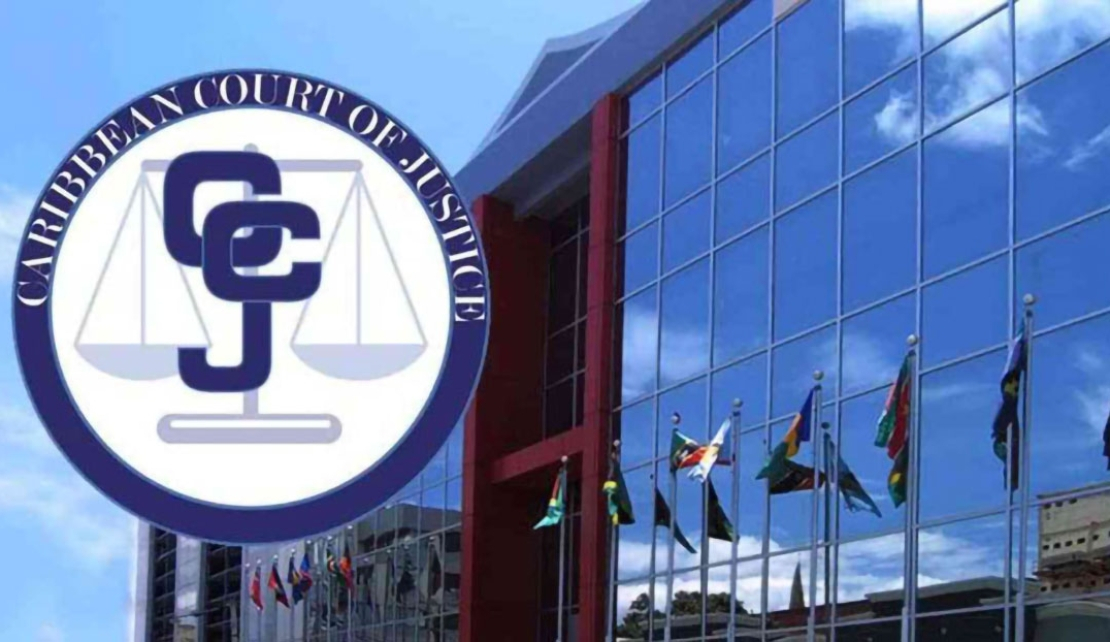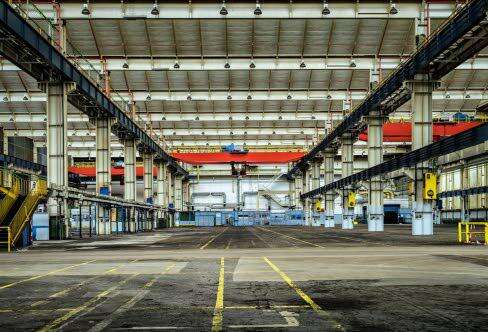CARICOM | Dominica Company hauls the Gov't of Jamaica before the CCJ over Soap

PORT OF SPAIN, Trinidad, – The Caribbean Court of Justice will today begin hearings arising from a case brought by a Dominica registered company, DCP Successors Limited (DCPS), which alleging that Jamaica is violating the provisions of the Revised Treaty of Chaguaramas as it pertains to the manufacture of soap.
The matter falls under the Court’s Original Jurisdiction, which serves as an international tribunal responsible for interpreting the Revised Treaty of Chaguaramas that governs the 15 member Caribbean Community, CARICOM, the regional integration movement.
DCP Successors Limited (DCPS), a Dominica-based company, has brought a case against the Jamaican government before the Caribbean Court of Justice (CCJ) in Trinidad.
The company alleges that Kingston is in violation of the provisions outlined in the Revised Treaty of Chaguaramas, specifically concerning the manufacturing of soap.
The CCJ said that the matter, which will begin on Monday, is the first in-person hearing it will be conducting since the start of the coronavirus (COVID-19) pandemic.
The CCJ possesses the exclusive authority to adjudicate disputes arising from the interpretation and application of the treaty, which oversees the operation of the CARICOM Single Market and Economy (CSME). The CSME facilitates the free movement of goods, skills, labor, and services across the region.
DCPS specializes in the manufacturing of various soap products. They employ the saponification process to produce generic soap noodles that can be further scented and molded.

DCPS is maintaining that soap manufacturing requires a chemical transformation from the raw material to the finished product. Put differently, the tariff code of the finished product cannot be the same tariff code as the raw material.
The soap making process is called saponification, which is the reaction that occurs when oils or fatty acids come into contact with caustic soda. This process produces fatty acid salts (otherwise known as soap) and glycerin.
The Jamaican companies do not engage in this process. Instead, they import soap in chip form and skip the saponification process which is where the skilled jobs, value added and craftsmanship in soap making reside.
Contrary to their claims, this definition of soap manufacturing is not unique to Caricom. In obtains in all developing countries seeking to deepen their manufacturing base.
By way of example, it is like importing Nestle chocolate chips (the ones used in chocolate chip cookies), heating and extruding those chips into bars and then claiming you are making chocolates.
According to the Dominica soap manufacturer, selling soap chips is like selling cocoa beans rather than chocolate bars. The former is a low value activity, the latter higher value requiring deeper manufacturing skills which is the objective of the Revised Treaty of Chaguaramas (RTC) and what the region needs.
DCPS in an earlier media interview said the company would welcome any move on the part of the Jamaican companies to invest in their own saponification equipment so it can focus on its mission, to create and market successful regional brands for the international market
On the other hand, the Jamaican companies complain that they can buy chips cheaper from Asia. If Jamaica adhered to the rules and levied the appropriate duty, chips from DCPS would be competitive with Asian imports.
But even if DCPS was not competitive, that is not a reason for Jamaican companies to not pay duty or be issued Certificates of Origin. The rules of origin require saponification, which requires them to invest a couple million dollars in equipment.
The CCj is expected to hear the case over two days.
-30-
